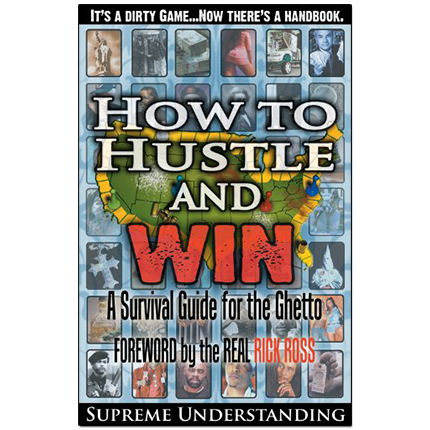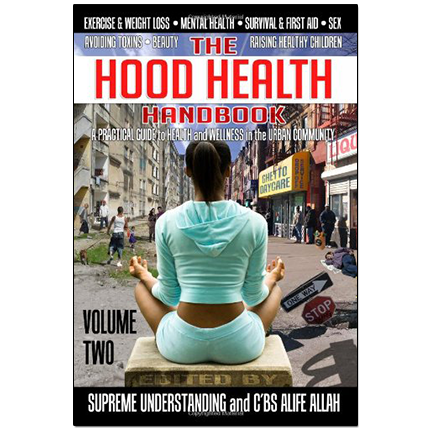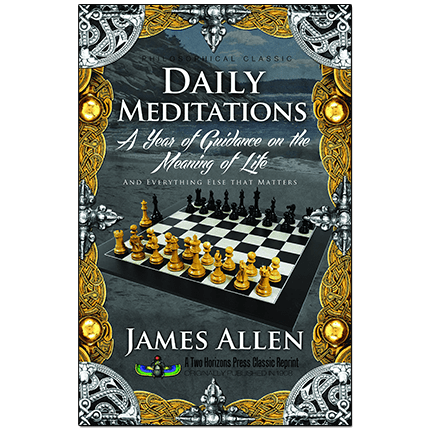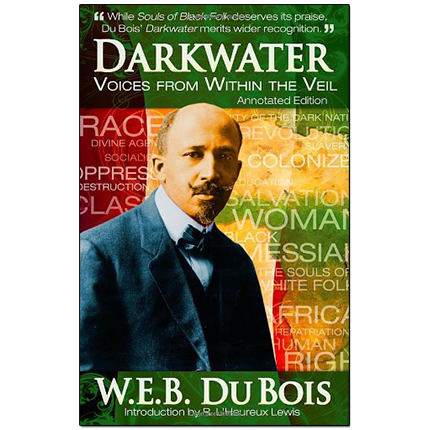Excerpted from The Hood Health Handbook: A Practical Guide to Health and Wellness in the Urban Community, Vol 2
A “panic attack” is one of those conditions, like depression, that we just don’t like to talk about in the hip-hop community. We associate “panicking” with “punking out” or being so nervous you lose it, a very un-hip-hop thing to do. But panic attacks are real, and are actually more common than you’d think…and they can be pretty serious. In 1998, Violent J, a member of the notoriously white “horror-core” rap group Insane Clown Posse, was hospitalized for two days following a series of panic attacks that forced them to cancel their U.S. tour. In 2008, Eve had a panic attack on her flight to perform in Australia for the first time. So the causes might be different (you might be reasonably freaking out about something real, or you might just “naturally” have some issues). The point is, if rappers can have em, so can you. In fact, you may have had one, and just didn’t know.
What is a Panic Attack?
According to the DSM-IV, the official diagnostic manual of the American Psychological Association, victims of panic attacks experience the following symptoms: pounding heart or rapid heart rate, sweating, tremors, sensations of smothering or shortness of breath, feeling of choking, chest pain or discomfort, nausea or abdominal distress, dizziness, lightheadedness or faint derealization, depersonalization, fear of losing control or going crazy, fear of dying, paraesthesia or hot flashes. Additionally, a single attack could be followed by a month or more of more anxiety, such as worrying about future attacks, worrying about whether the attacks will cause physical illness, and/or significant behavioral changes.
The damage done by the attack is less severe than the long-term feeling of losing self-control. In our community the discussion of even a minor mental health issues is unheard of. Most people suffer through an attack and its aftermath alone. They will deal with accusations of faking ill to get attention or hiding some other substance addiction, without support. Since we do not usually seek mental health services even informal ones like confiding your frustrations with a close friend or an elder, we suffer the insecurity and fear alone. Panic/anxiety disorders are often hereditary, so the family up the street that always seems to have these events is not just crazy, they need some care.
How Can you Prevent a Panic Attack?
Here are some steps you can take to lower your risk:
r Avoid caffeine, alcohol and other stimulants
r Stay away from food with artificial colorings, additives, and sugar
r Learn a meditation or controlled breathing technique and make it apart of your regular routine
r Pick up Yoga or Tai Chi, or another martial art
r Exercise daily and eat a balanced diet
r Read labels on over-the-counter medicines and herbal remedies. Some chemicals and herbs can increase panic/anxiety symptoms.
r Seek wise council and support following a traumatic or disturbing experience. Do not suffer alone; ask for help.
Panic attacks are preventable and treatable if you take the proper steps. All the prevention measures above depend on your ability to honestly assess how you are doing, what you are doing, and when you may need a little help. Meditation and the practice of martial arts are age old means of managing stress and building your capacity to deal with whatever you encounter. Learning how to get in tune with what your body is saying will provide a lifetime of benefits.






